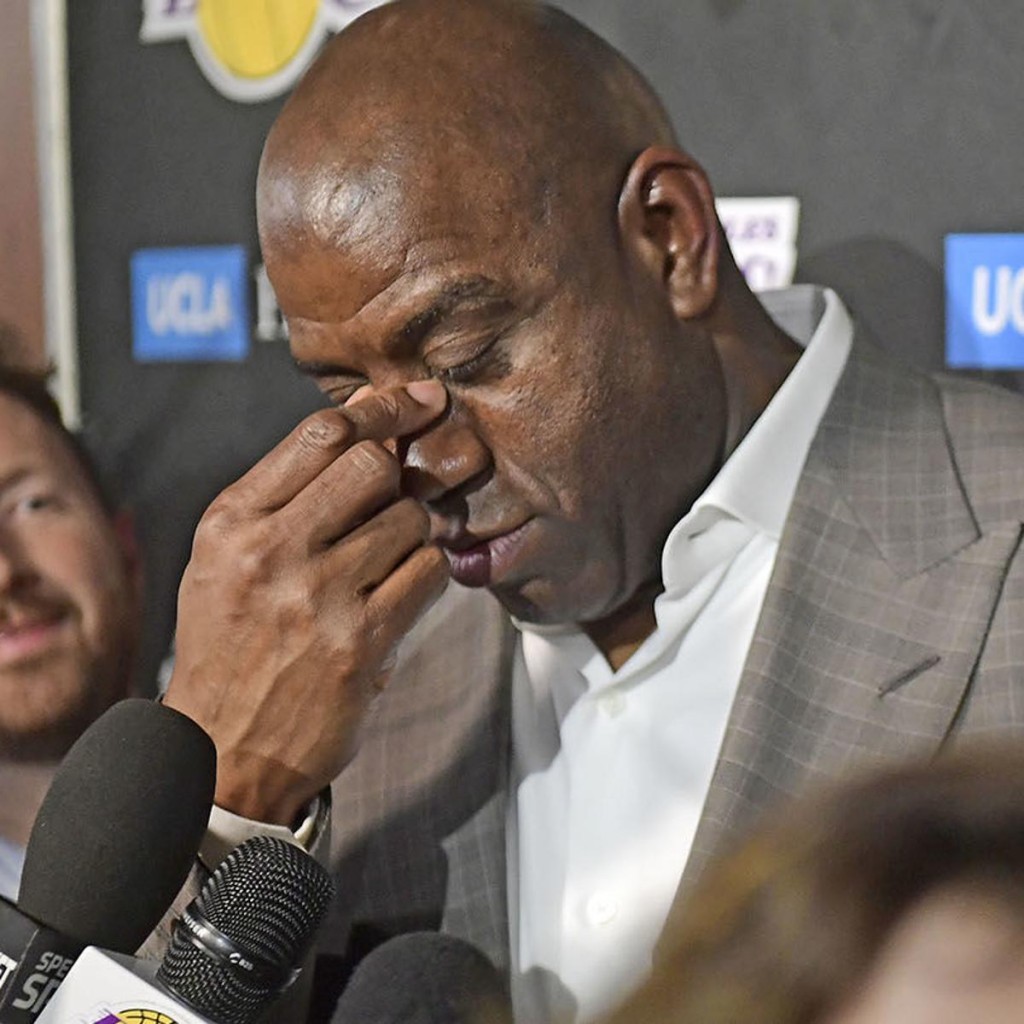I am sure that many of you have heard of Steven Covey’s “The 7 Habits of Highly Effective People”. It is listed as the second bestselling “self-help” book of all time.
It only makes sense that if there are common habits of highly effective people, then there likewise are common habits of highly ineffective people. For the purpose of this column, my focus is on sports team bosses and the common seven bad habits. In no particular order, here they are:
- Impulsive/They lack vision: Ineffective sports team owners often have the temperament of a child and react as such when things do not go their way. An example was how Cowboys owner Jerry Jones pushed head coach Jimmy Johnson out of Dallas after having won two straight Super Bowls. This may have been the primary reason why the Cowboys did not complete a three-peat, which is a feat never done during the Super Bowl era. These types are typically captives of the moment, and as a result, are always behind good bosses.
- A lack of integrity: Their ego is so inflated to the point that they will outright lie rather than acknowledge failure or that something was their fault. Raiders owner Mark Davis’ handling of the Khalil Mack contract dispute is an example of this.
- Grandiosity: Such bosses think that they are better at what they do than they really are. They routinely embellish their accomplishments and are quick to claim credit for what goes well but are nowhere to be found when there is a need to take responsibility for what does not go well. We can go back to Jerry Jones as a GM for an example of this.
- Threatened by competence of subordinates: One of the 48 Laws of Power states that one should never outshine the master. Bad sports team bosses show this all the time. Daniel Snyder’s parting ways with Marty Schottenheimer was such an example.
- No value of organizational competence: A narcissistic boss does not respect process or a trusted way of doing things and therefore does not model this. The result is that it will likely not be reflected in the day-to-day team culture.
- They are thin-skinned: A fan recently yelled at Knicks owner James Dolan to sell the team. Dolan stopped and threatened to ban the fan from attending any more games. You’re the owner of a New York City sports franchise that has been bad more often than not for the recent past and has not won a title since 1973, and a fan telling you to sell the team gets under your skin?
- They are front-runners: As long as things are going well, they are fine, but when things are tough, they bail. Magic Johnson’s resignation from the Lakers is the current example. Dan Marino lasted as the Dolphins GM for about a week. They have no interest in the grind. They just ain’t about that life.
What is interesting about these habits is that they apply to bosses beyond sports. I was recently talking to a small company boss and he literally said to me that he is “exempt from critique”!
The problem with this kind of thinking is that it creates a sacred cow or blind spot for constructive review or practices in the most important area; the primary decision-making process of management. It is like someone saying that they want to trim the US budget deficit but the largest part of the budget, defense spending, is off the table.
Merely having an ego is not in of itself the issue. We all have an ego, yours truly included. However, what these bosses do is make the ego a larger priority than company growth because they would rather avoid the bad taste of medicine than to heal and grow.
Sports bosses can afford a luxury because as bad as Dolan, Jones, Snyder, Johnson, and Davis’ teams have been, none of them is losing any money anytime soon. Thus, they lack a fundamental seed of innovation and that would be necessity.
Just such a necessity was sowed last year for the Virginia Cavaliers. They suffered the most humiliating loss in March Madness history (they were the first and only one seed to lose to a 16 seed). They could have dismissed it with the usual excuses, such as “DeAndre Hunter was hurt”, or “that was last year”. But they chose otherwise. In fact, head coach Tony Bennett owned it, calling it “a scare that they would have to wear”. I am convinced that because he did own it, because he chose to take the bad tasting medicine, it allowed his team to heal and grow, and subsequently win it all only a year later. Only those who can acknowledge their flaws have a chance to correct those flaws.
However, if you do not own a sports team and are a business owner with any of the bad habits above, you will have to go anti-dinosaur: ADAPT OR DIE!
Gus Griffin, for War Room Sports
Tags: 48 Laws of Power, All's Fair in Sports and War, Daniel Snyder, Gus Griffin, James Dolan, Jerry Jones, Magic Johnson, Mark Davis, Steven Covey, The 7 Habits of Highly Effective People, War Room Sports, WRS

